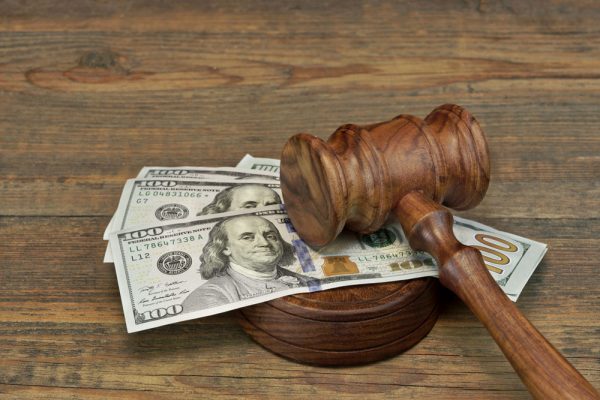
24/7 Availability: Why It Matters When Choosing a Bail Providing Company
When faced with a situation requiring bail, choosing a bail providing company like https://www.bailcitybailbonds.com/montana/custer-county/miles-city/ that operates 24/7 is essential. Bail…



